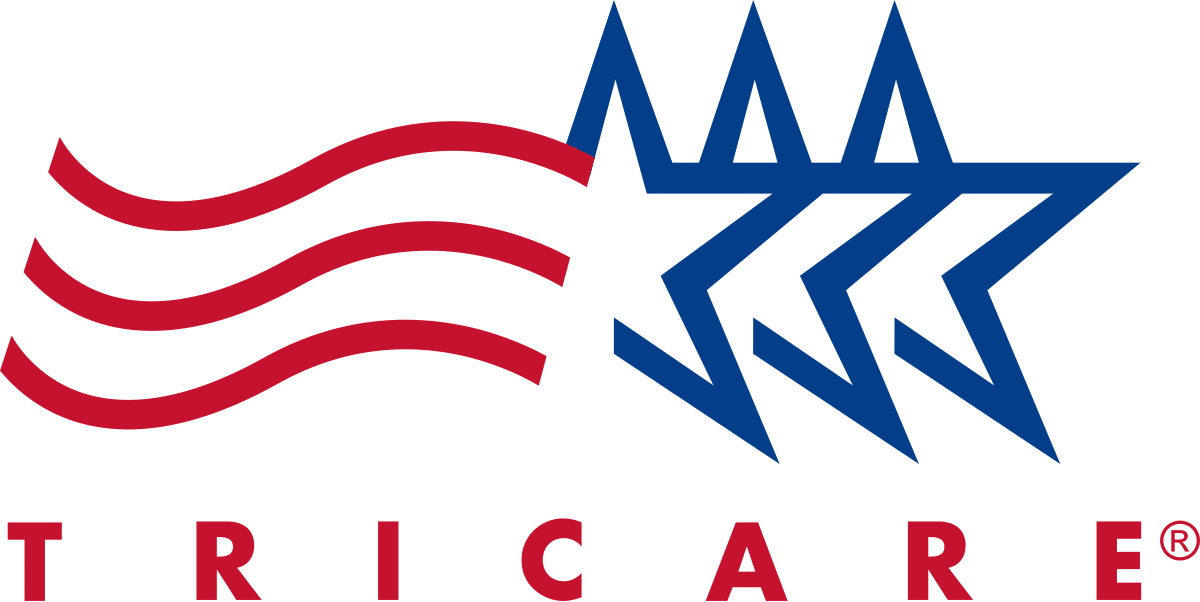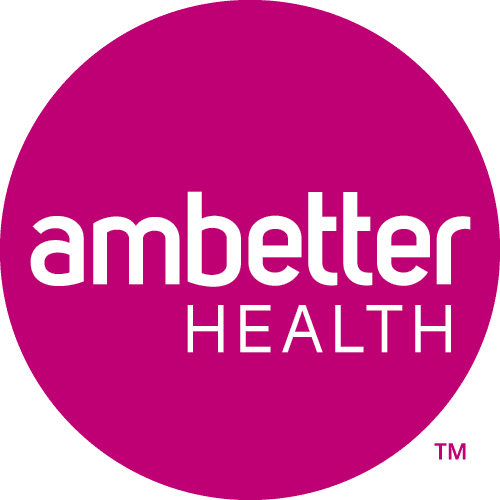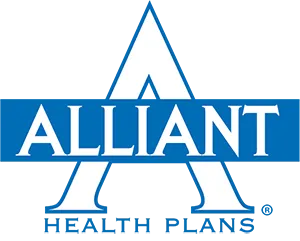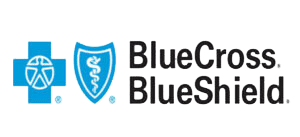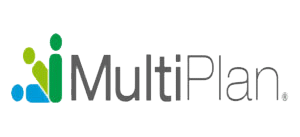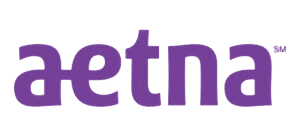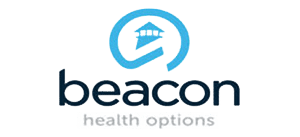ADHD Treatment Center in Rome, GA
ADHD Treatment Center in Rome, GA

Fairland Recovery Center has an ADHD treatment center in Rome, GA, led by licensed professional counselors and therapists. We treat attention deficit hyperactivity disorder in young adults. Our experts use different methods to help patients manage their symptoms and improve their daily lives.
We provide the residents of Rome, Georgia, and neighboring towns with patients access to clinical psychology and psychotherapy services. These treatments can help with focus, organization, and impulse control. The goal is to make life easier for those dealing with ADHD.
Mental health care is essential for people of all ages with ADHD. We offer care tailored to each person’s needs. Getting help early can lead to better outcomes for those living with ADHD.
Understanding the Complexities of ADHD
ADHD is a complex mental health disorder that affects people in different ways. It involves problems with focus, hyperactivity, and impulsivity. These issues can impact daily life, work, and relationships.
Symptoms of ADHD
ADHD symptoms fall into three main categories:
- Inattention: Trouble focusing, easily distracted, difficulty following instructions
- Hyperactivity: Fidgeting, restlessness, excessive talking
- Impulsivity: Acting without thinking, interrupting others, difficulty waiting
People with ADHD may experience symptoms from one or more categories. The severity can vary from person to person.
Some common signs include:
- Forgetfulness in daily tasks
- Losing important items often
- Trouble organizing tasks and managing time
- Avoiding activities that require sustained mental effort
ADHD symptoms can affect work, school, and social interactions.
ADHD in Different Life Stages
ADHD impacts people differently across their lifespan.
In children and adolescents, ADHD often shows up as:
- Difficulty sitting still in class
- Talking excessively
- Acting without thinking
Teens with ADHD might struggle with:
- Time management
- Completing homework
- Impulsive decision-making
Adults with ADHD may face challenges like:
- Job performance issues
- Relationship problems
- Difficulty managing finances
ADHD symptoms can change over time, but many people continue to experience some effects throughout their lives.
Common Co-Occurring Issues
People with ADHD often have other mental health conditions. These can include:
- Anxiety disorders
- Depression
- Bipolar disorder
- Learning disabilities
- Substance abuse disorders
Our ADHD treatment often addresses these co-occurring issues. A comprehensive approach that includes behavioral health practices can help manage both ADHD and related conditions.
Sleep problems are also common in people with ADHD. This can lead to increased symptoms and difficulties in daily functioning. Addressing co-occurring issues is crucial for effective ADHD management. It can improve the overall quality of life and treatment outcomes.
Mental Health Challenges Associated with ADHD
People with ADHD often face additional mental health issues. These can make daily life more difficult and complicate treatment. Let’s look at some common challenges.
Depression and ADHD
ADHD and depression often occur together. People with ADHD may feel sad or hopeless due to struggles at work or school. They might have low self-esteem from years of criticism.
Depression can make ADHD symptoms worse. It’s harder to focus or finish tasks when feeling down. Some people lose interest in activities they once enjoyed. Treatment for both conditions is key. Therapy and medication can help manage symptoms, and building coping skills is also important.
Anxiety and Hyperactivity
Anxiety is common in people with ADHD. Constant worry about forgetting things or making mistakes is typical. Social anxiety may develop from fear of rejection.
Hyperactivity can make anxiety worse. Restlessness and racing thoughts feed into anxious feelings. This creates a cycle that’s hard to break.
Relaxation techniques can help calm both anxiety and hyperactivity. Mindfulness practices teach focus and self-awareness. Cognitive-behavioral therapy is also effective for many.
Trauma and Abuse
Some people with ADHD have a history of trauma or abuse. This can lead to post-traumatic stress disorder (PTSD). PTSD symptoms may include flashbacks, nightmares, and avoiding triggers.
ADHD can make it harder to cope with trauma. Impulsivity might lead to risky behaviors. Difficulty regulating emotions can intensify PTSD symptoms.
Trauma-focused therapy is crucial for healing. EMDR and cognitive processing therapy are two options. It’s important to address both ADHD and trauma for the best results.
Stress and Relationship Issues
ADHD often causes high stress levels. Forgetting important tasks or being chronically late creates tension. This stress can strain relationships with family, friends, and coworkers.
Mood swings and emotional outbursts are common ADHD symptoms. These can hurt relationships, too. Partners may feel ignored or unimportant.
Learning stress management is vital. Time management skills can reduce daily pressures. Couples therapy helps improve communication and understanding. Support groups offer a place to share experiences and tips.
Comprehensive Treatment Approaches
ADHD treatment at Fairland Recovery Center offers several options for mental illness. These include therapy, medication, and alternative methods. Each approach aims to help manage ADHD symptoms and improve daily life.
Behavioral Therapies
Behavioral therapies help people with ADHD learn new skills. These skills can improve focus and reduce impulsive actions. A licensed clinical social worker often leads these sessions.
Therapists teach ways to organize tasks and manage time better. They also work on improving social skills. Parents can learn techniques to guide their children’s behavior positively.
These therapies often involve setting clear rules and using rewards. The goal is to encourage good habits and reduce problem behaviors for overall wellness.
Cognitive Behavioral Therapy
Cognitive Behavioral Therapy (CBT) is a key treatment for ADHD. It focuses on changing negative thought patterns and behaviors.
CBT helps people recognize unhelpful thoughts that may lead to poor choices. Patients learn to challenge these thoughts and replace them with more positive ones.
This therapy also teaches coping skills for ADHD symptoms. People learn how to break tasks into smaller steps and stay motivated. CBT can improve self-esteem and reduce anxiety, which is often linked with ADHD.
Medication and ADHD
Medication is a common treatment for ADHD. It can help improve focus and reduce hyperactivity. Doctors at Fairland Recovery Center can prescribe these medicines.
Stimulants are the most common type of ADHD medication. They work quickly to boost attention and control impulses. Non-stimulant options are also available for those who can’t take stimulants.
Doctors work closely with patients to find the proper medication and dose. They monitor for side effects and adjust treatment as needed. Medication often works best when combined with therapy.
Alternative ADHD Treatments
Some people seek alternative treatments for ADHD. These methods can complement traditional therapies. It’s important to discuss these options with a healthcare provider first.
Mindfulness and meditation can help calm the mind and improve focus. Regular exercise has shown benefits for ADHD symptoms. Some find that changes in diet, like reducing sugar, can help.
Neurofeedback is another option some try. This involves learning to control brain waves. While some report benefits, more research is needed to prove its effectiveness.
These alternative approaches may work well alongside standard treatments. They should not replace proven therapies without medical advice.
Support Beyond Therapy
Fairland Recovery Center offers comprehensive support that extends beyond traditional therapy sessions. This holistic approach addresses various aspects of ADHD, including relationships, education, and personal growth.
Family and Relationship Support
ADHD can strain family dynamics and personal relationships. Our treatment center provides tools to manage relationship conflicts and build trust. They offer family therapy sessions to improve communication and understanding between family members. Parents learn effective parenting strategies for children with ADHD.
Couples counseling helps partners navigate ADHD-related challenges in their relationship. Therapists teach conflict resolution skills and ways to support each other. Group sessions allow individuals to connect with others facing similar struggles, fostering a sense of community.
Education and Learning Accommodations
ADHD often impacts academic performance. Treatment centers work with schools to implement learning accommodations for students with ADHD. These may include extended test times, quiet study spaces, or modified assignments.
Tutoring services help students develop study skills tailored to their ADHD symptoms. Time management and organization workshops teach practical strategies for academic success. Centers may also offer vocational support for adults with ADHD, helping them navigate workplace challenges.
Building Self-Esteem and Self-Worth
Many individuals with ADHD struggle with low self-esteem and self-worth. Treatment centers address these issues through targeted interventions. Cognitive-behavioral therapy helps reframe negative thoughts and build confidence.
Skills training workshops focus on identifying and leveraging personal strengths. Art or music therapy provides creative outlets for self-expression and builds self-assurance. Mindfulness practices teach self-acceptance and reduce negative self-talk.
Support groups offer a safe space to share experiences and celebrate personal victories. Centers may also provide coaching to set and achieve individual goals, further boosting self-esteem.
Our Staff and Credentials
At our ADHD Treatment Center in Rome, GA, we have a care team of highly qualified clinicians dedicated to providing top-notch care. Our staff includes licensed experts with diverse backgrounds and specialties.
Role of Licensed Professionals
Licensed professionals play a crucial role in our ADHD treatment approach. Our team includes licensed professional counselors, licensed clinical social workers, and marriage and family therapists. These experts have extensive training in mental health and behavioral disorders.
Each professional brings unique skills to help clients manage ADHD symptoms. They use evidence-based techniques to create personalized treatment plans.
Our licensed staff members regularly update their skills through ongoing education. This ensures they stay current with the latest ADHD research and treatment methods.
Interdisciplinary Team Approach
We believe in a comprehensive approach to ADHD treatment. Our interdisciplinary team includes professionals from various fields:
- Clinical psychologists
- Occupational therapists
- Educational specialists
- Nutritionists
This diverse team allows us to address all aspects of ADHD. Our treatment plans consider factors like diet, sleep, and learning styles.
Our team meets regularly to discuss cases and share insights. This collaboration ensures each client receives well-rounded care tailored to their needs.
Sessions and Therapeutic Techniques
Our ADHD treatment center in Rome, GA, offers a range of therapy methods. These include one-on-one sessions, group support, and skill-building activities. The goal is to help people manage ADHD symptoms and improve daily life.
Individual Therapy Methods
Individual therapy is a key part of ADHD treatment. Therapists use methods like cognitive-behavioral therapy to help patients change unhelpful thoughts and behaviors.
Play therapy can be helpful for younger children with ADHD. It allows them to express themselves naturally. Therapists may also teach mindfulness techniques. These can help improve focus and reduce impulsivity.
Sessions often include practical strategies for organizing tasks and managing time. Patients learn to break big jobs into smaller, more manageable steps.
Group Sessions and Peer Support
Group therapy offers a chance to connect with others facing similar challenges. Participants can share experiences and tips for coping with ADHD.
These sessions may focus on specific skills like:
- Communication
- Social interactions
- Problem-solving
Group activities can help build self-esteem and reduce feelings of isolation. They also provide a safe space to practice new behaviors.
Developing Coping Techniques
Learning coping skills is crucial for managing ADHD. Therapists help patients develop strategies for:
- Improving focus
- Controlling impulses
- Organizing tasks
Self-regulation techniques are often taught. These may include deep breathing or progressive muscle relaxation to manage stress and emotions.
Patients might learn to use tools like calendars, reminders, and to-do lists. These can help with time management and task completion.
We may also work on building healthy habits, such as setting up sleep, exercise, and nutrition routines. Coping techniques are practiced in sessions and at home. The goal is to make these skills a natural part of daily life.
Counseling for Life Changes and Transitions
Life changes can be incredibly challenging for those with ADHD. Rome’s treatment centers offer support for various transitions.
Key areas of focus include:
- Career changes and job stress
- Relationship shifts
- Moving to a new city
- Starting or finishing school
Counselors help clients develop coping strategies. They teach skills to manage ADHD symptoms during stressful periods.
Techniques may involve:
- Time management tools
- Stress reduction exercises
- Goal-setting practices
Family and Couples Therapy
Family and couples therapy helps people work through relationship issues. It can improve communication and strengthen bonds between family members and partners.
Major life events can put stress on families. Therapy helps them face these changes as a team.
Navigating Relationship Conflicts
Couples often face conflicts that strain their relationship. A therapist can teach ways to communicate better and resolve arguments. They may help partners understand each other’s needs and feelings.
Common issues include money problems, trust issues, and different parenting styles. Therapy gives couples a safe space to talk openly. The therapist guides them to find solutions together.
Pre-marital counseling can help couples prepare for marriage. It covers topics like finances, family planning, and conflict resolution. This can set a strong foundation for the future.
Facing Life Events Together
Therapy can help families handle big moves, job changes, or health issues. It teaches ways to support each other during tough times.
We are here to guide you through those life challenges and the impact of ADD/ADHD on families and individuals. Contact us today at 770-797-7652 to learn more.
Find Help Now
We accept most major insurances
